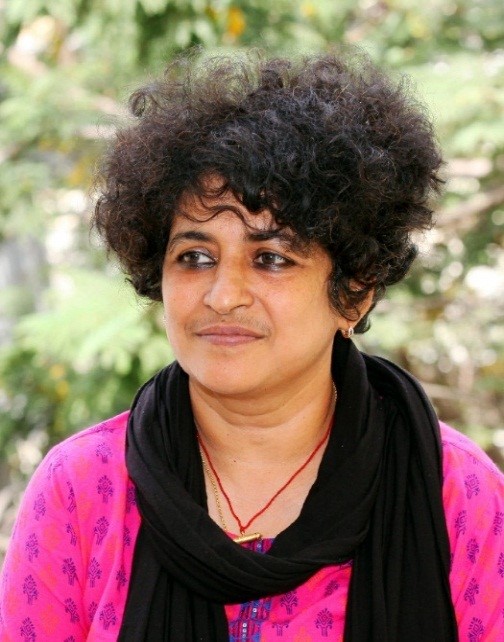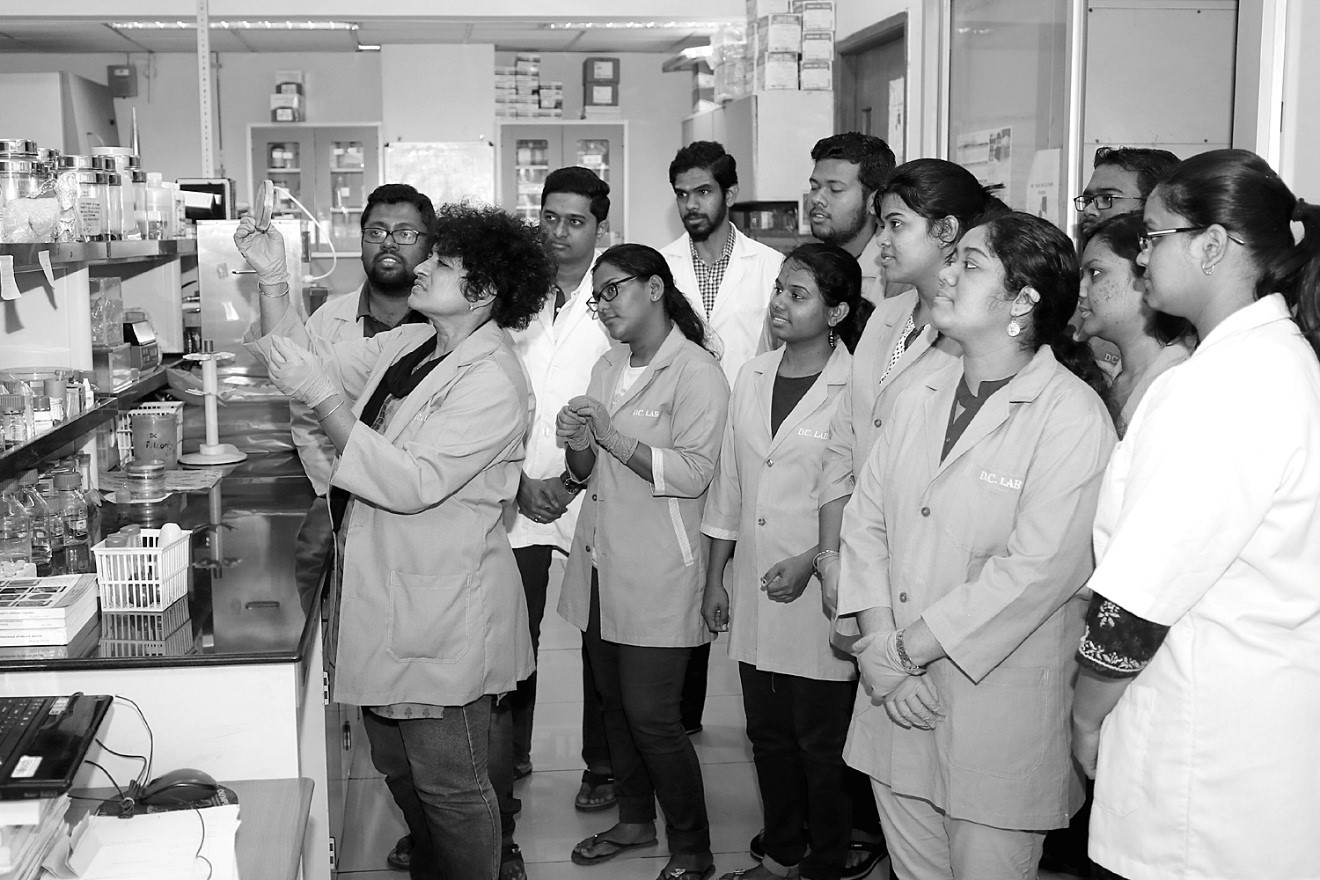Women in Science – Prof. Dipshikha Chakravortty

Prof. Dipshikha Chakravortty is a microbiologist at the department of Microbiology and Cell Biology. Her area of research is “Infectious diseases and Host-pathogen cross-talk”. She joined IISc in 2004. She did her Phd at National Centre for Cell Sciences, Pune and Postdoc – Humboldt Fellow, at Department of Microbiology, Immunology and Hygiene, Friedrich-Alexander Universitat Erlangen, Germany.
When did you first realise that you wanted to be a scientist?
In School, when I realized that I loved doing experiments at home.
Why did you choose this area of research?
Invisible entities always fascinated me, I used to see food getting spoiled, people becoming sick and used to wonder how these invisible things can cause such a havoc. Hence, Microbiology, Infectious diseases and especially bacterial infectious diseases became my forte of interest.
—————————————————————————————————————–
“Without bacteria, we will be dead. If our gut bacteria do not shape us well, we are crippled for a life time. Similarly, if pathogenic bacteria get into us, it makes us sick”
—————————————————————————————————————–

What are the big unresolved questions in your field?
Biggest unresolved question in our field of infectious diseases is how to tackle antimicrobial resistance and how to develop effective vaccines against bacterial diseases. Bacteria, in general teach us many things in life that we cannot imagine. Bacteria teach us community behaviour or how Quorum is important for any effect to be manifested to its fullest. Bacteria also teach us how to save our resources and how to adapt to changing lifestyles. Without bacteria, we will be dead. If our gut bacteria do not shape us well, we are crippled for a life time. Similarly, if pathogenic bacteria get into us, it makes us sick. Understanding these tiny creatures itself is still a challenge for us!
What is the most important advice you got that you think has helped you in your career?
Be fearless and no human being in its present form is mightier or bigger than anyone else
—————————————————————————————————————-
“The aura and air of IISc! No place in the world can beat this ambience”
—————————————————————————————————————-
If you had any women mentors or role models in science, who were they and what do you think you’ve learned most from them?
My mother who taught me to think different. Incidentally, I never worked with any women mentor and all my excellent mentors were men.
What is the most fulfilling thing about a life in science?
Serendipity and simplicity. Everyday is like magic for us seeing bacteria do wonderful things. Everyday, we also realize that how small human beings are.
What do you like most about working in IISc?
The aura and air of IISc! No place in the world can beat this ambience. I love the freedom and excellent graduate colleagues that I get to work with. Amazing colleagues of several departments who became excellent collaborators.
———————————————————————————
“Be humble, fearless and fiercely knowledgeable”
———————————————————————————
If there is one thing you’d like to change about IISc, what would it be?
I dream one day IISc will have top-end imaging facility with may be 10 different kinds of microscopes where we can just walk in and get our imaging done!
Be it SEM, TEM, AFM, Multiphoton, anything that one can ask for.
What would be your advice for aspiring women scientists?
Be humble, fearless and fiercely knowledgeable. Science has soul, so treat it with dignity.
Click here to view about a few of the Other Women in Science





